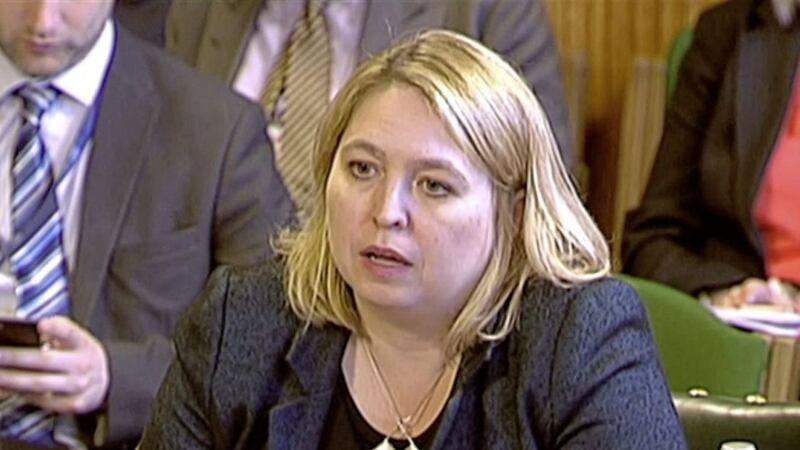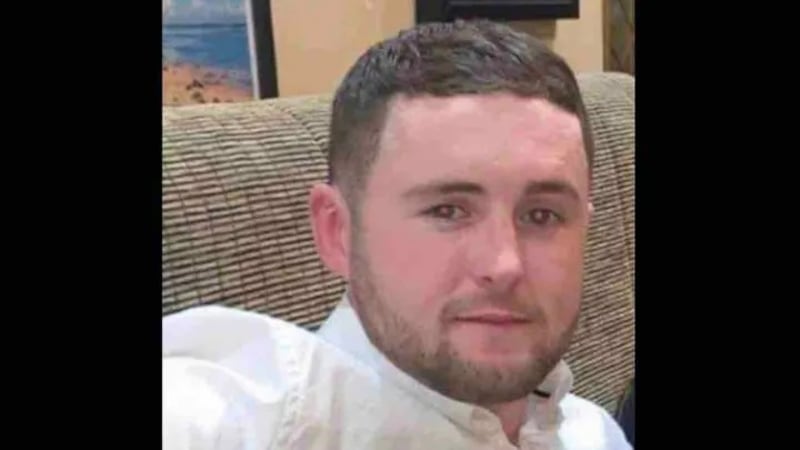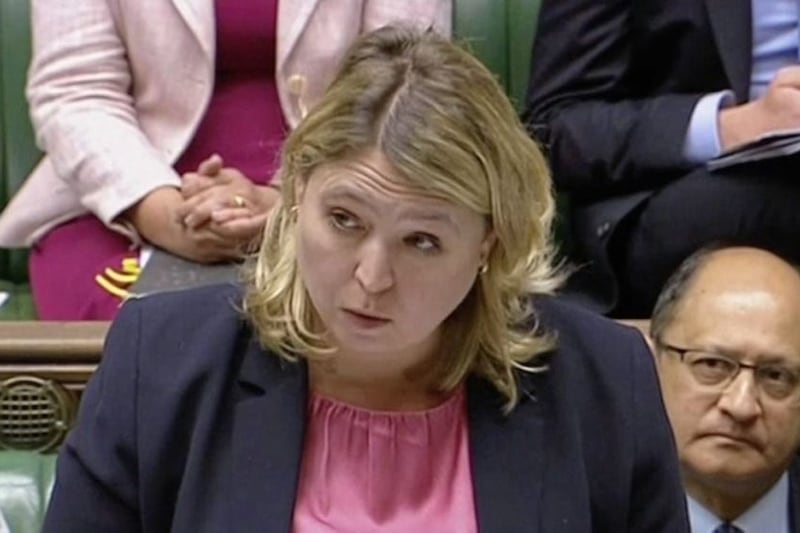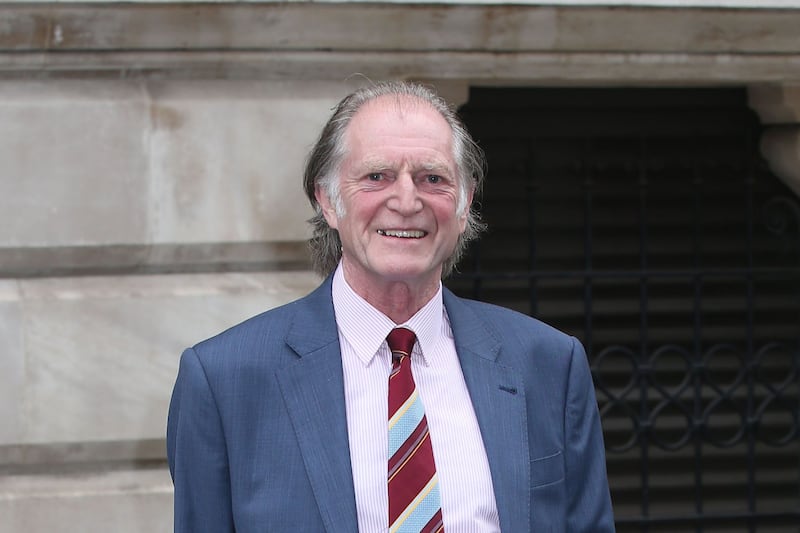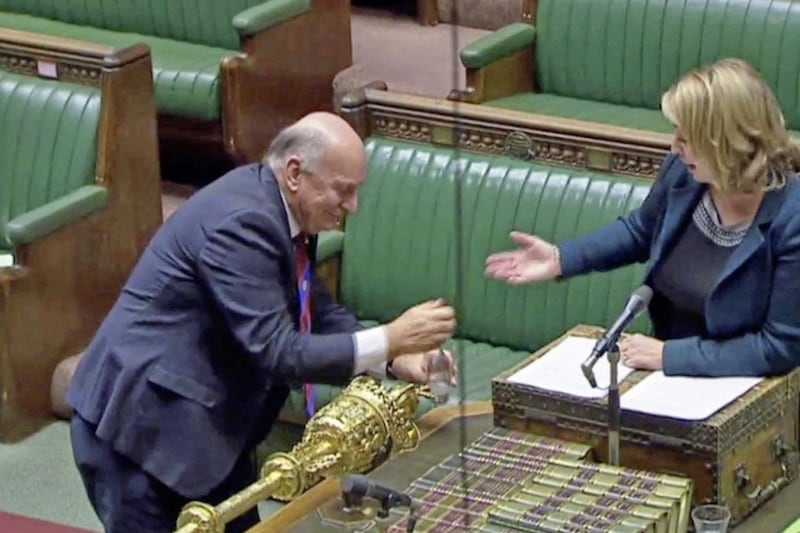A WESTMINISTER committee has heard that military and police veterans in Northern Ireland are being discriminated against in a recruitment drive for a post-Brexit border force.
In England, Scotland and Wales, a requirement for the new border force is military or police experience, but this is not the case for recruits in the north.
Lady Sylvia Hermon pressed secretary of state Karen Bradley on the "appalling" issue during yesterday's Northern Ireland Affairs committee, reminding the minister she raised it in the House of Commons on May 9.
Ms Bradley said her office had since raised the case with the Home Office and she had spoken to the immigration minister.
The committee said the recruitment policy does not uphold the military covenant, which is part of the Confidence and Supply agreement between the DUP and the Conservative Party.
The covenant sets out a moral obligation to those who have served or currently serve in armed forces, to ensure they are treated equally and fairly with regards to employment.
Lady Hermon said her constituents have been turned down by the border force because of military or police experience.
Ms Bradley asked Lady Hermon to send her a letter with more details, but Lady Hermon replied that she had already done so, and waited over a month for a reply, which she called "extraordinarily disrespectful".
"I wait and wait for letters, so I ask you to please announce to constituents across Northern Ireland that their military service will be respected," Lady Hermon added.
Ms Bradley said: "I am acutely aware of the issue, and acting on advice.
Meanwhile, Ms Bradley has refused to say whether the PSNI will receive additional funding for policing the border post-Brexit.
A letter from PSNI Chief Constable George Hamilton was quoted during yesterday's committee sitting, in which concerns over Brexit have left him feeling orphaned.
Mr Hamilton added that as a senior public official he was getting very little support from those he would expect it from.
Lady Sylvia Hermon warned that dissident republicans and the new IRA are recruiting, and organised crime gangs see the potential to exploit the border in the wake of the UK leaving the EU.
She asked Ms Bradley: "Are you saying to people of Northern Ireland that they should not have expectations for more resources?
"Is the Chief Constable whistling in the dark?"
Ms Bradley replied she had spoken to the Chief Constable about his concerns and the matter will be discussed on Friday's Cabinet meeting and in the upcoming Brexit white paper.
"We are making sure he has people he can rely on in cabinet for leaving the EU," she said.
"We accept the PSNI has additional difficulties over other forces; the PSNI is the only force that will have to police a land border - a unique situation in the UK.
"Our role as Northern Ireland office is that we are a liaison and coordination department to enable the requests and the concerns of the Chief Constable has raised are dealt with accordingly.
"I want to be clear: I do not have executive powers, I cannot direct civil service, and I don't have a budget."
